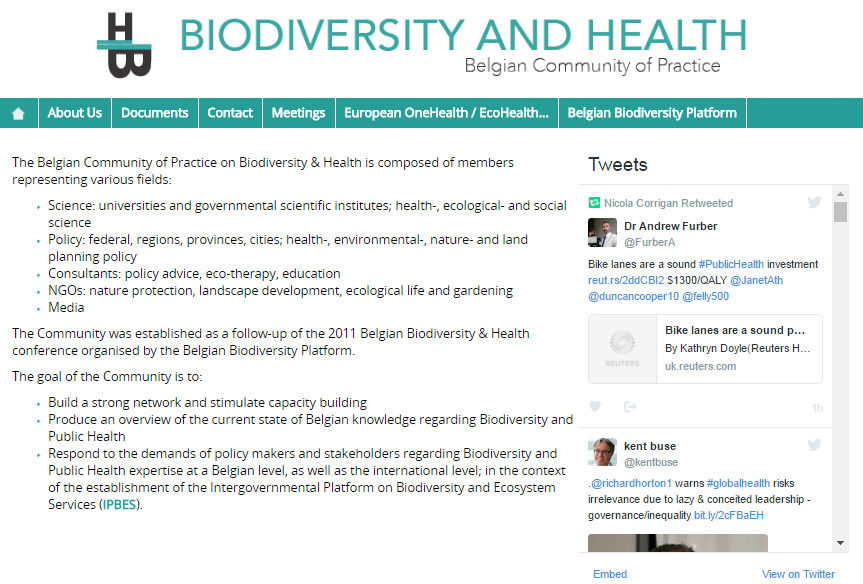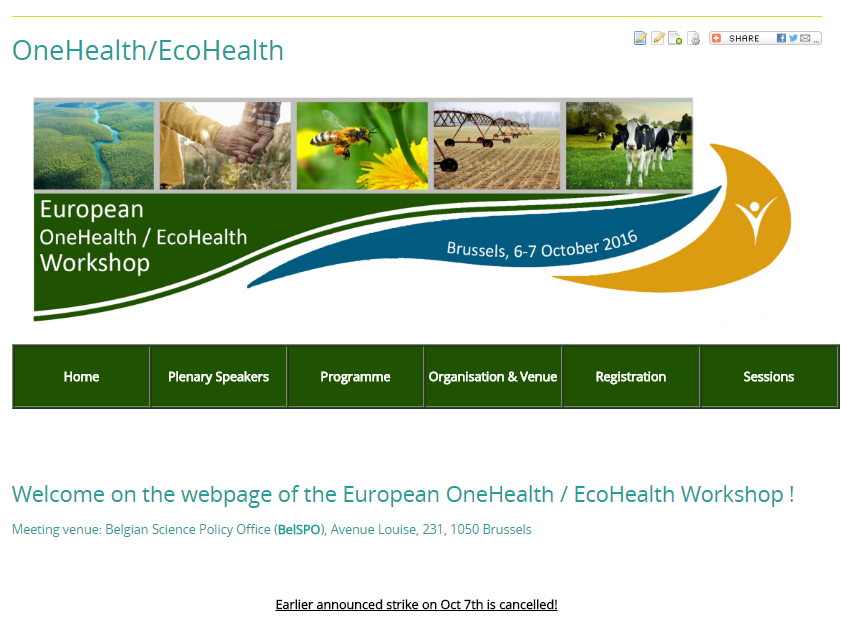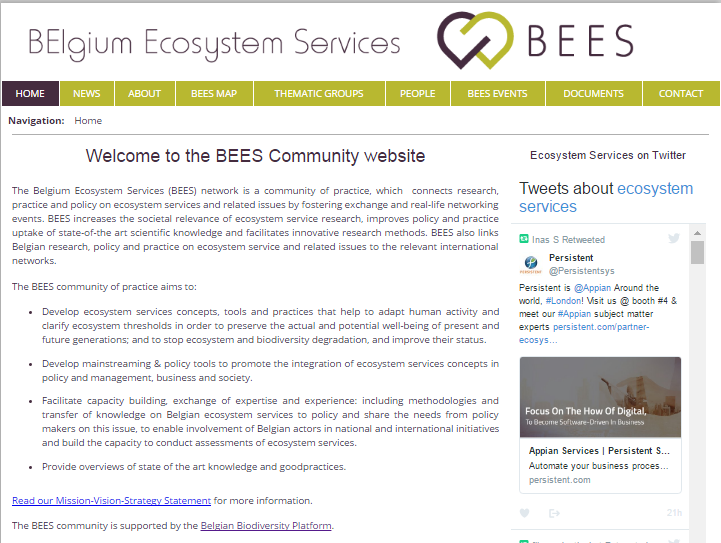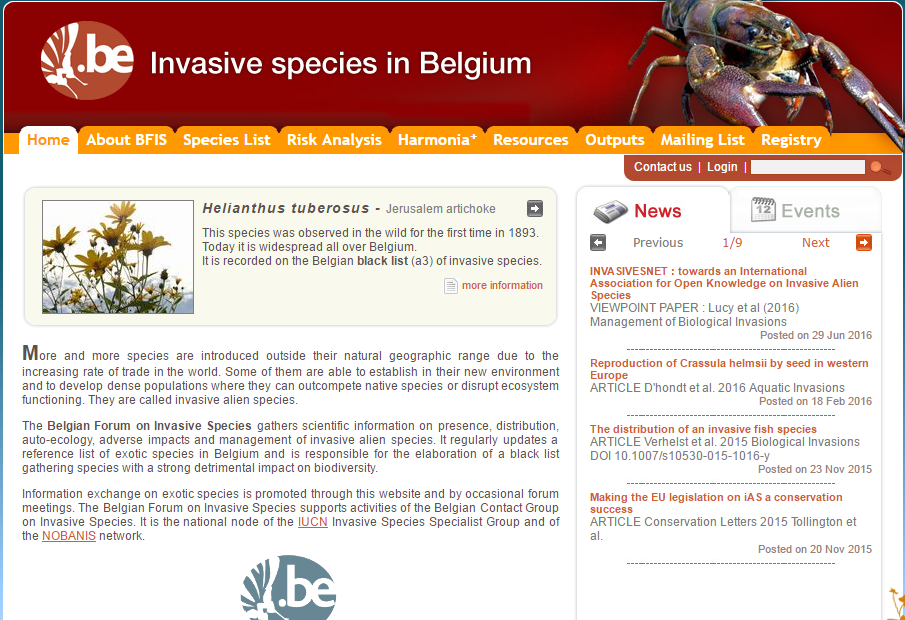CoP
Community of Practice
Biodiversity Informatics
What is a CoP?
Community of Practice
-
- Group of people who share a craft and/or a profession
- A CoP can evolve naturally because of the members' common interest in a particular domain or area
- it can be created deliberately with the goal of gaining knowledge related to a specific field

What is already there?




A CoP on
Biodiversity Informatics?
Communities of practice are groups of people who share a concern or a passion for something they do and learn how to do it better as they interact regularly.
Possible Activities
- Organize activities linked to Biodiversity Informatics
- Lifewatch workshops, EBR workshops
- Conferences
- Announce news linked to Biodiversity Informatics
- Lifewatch News
- GBIF News...
- Worms news...
- OBIS news....
- Informal meetings...
Communities of practice are not called that in all organizations. They are known under various names, such as learning networks, thematic groups, or tech clubs.
Some activities
Problem solving
“Can we work on this design and brainstorm some ideas; I’m stuck.”
Requests for information
“Where can I find the tools to clean this data?”
Seeking experience
“Has anyone dealt with a situation like this?”
Reusing assets
“I have a script I wrote last year. I can send it to you and you can easily tweak it for this new client.”
Growing confidence
“Before I do it, I’ll run it through my community first to see what they think.”
Building an argument
“How do people in other countries do this? Armed with this information it will be easier to convince my Ministry to make some changes.”
Discussing developments
“What do you think of the new system? Does it really help?”
Mapping knowledge and identifying gaps
“Who knows what, and what are we missing? What other groups should we connect with?”
Myths about communities of practice
Communities of practice are always self-organizing
False. Some communities do self-organize and are very effective. But most communities need some cultivation to be sure that members get high value for their time.
There are no leaders in a true community of practice
Mostly false. In many communities of practice decisions need to be taken, conditions need to be put in place, strategic conversations need to be had. Not all members see value in being involved in these processes. Whether you call them leaders, co-ordinators, or stewards, someone needs to do it – and it is as well to recognize them for the role they play.
True communities of practice are informal
False. There are many informal communities of practice. And there are many formal ones too. The more intentionally they are used for developing the strategic capability of an organization or a cause, the more likely they are to have to go through some formal process to be recognized as such.
The role of a community of practice is to share existing knowledge
Partially true. The experience people have to share is clearly important. But communities of practice also innovate and solve problems. They invent new practices, create new knowledge, define new territory, and develop a collective and strategic voice.
Good facilitation is all it takes to get members to participate
False. Artful faciliation is very important. But there are many other reasons why people may not participate. The domain must be relevant and a priority to members. The value of participation usually needs to be recognized by the organization otherwise members will not bother. Members need to see results of their participation and have a sense that they are getting something out of it. Good facilitation can help to make this visible, but is not the main reason why people participate.
Communities of practice are harmonious places
Maybe. But if they are totally conflict free, you should be concerned that groupthink may be settling in or voices being silenced. More important, and usually quite difficult to achieve, is that differences are discussable and that they contribute to the learning.
Communities of practice are the solution to everything!
False. Communities of practice don’t substitute teams or networks or other joint enteprsies. Each has its own place in the overall ecology of the learning system. In recent developments of the theory we talk about landscapes of practice, and of creating different types of social learning spaces that open up new opportunities for developing learning capability.
http://wenger-trayner.com/introduction-to-communities-of-practice/
So, A CoP
on Biodiversity Informatics?
Organized by the EBR organizers?
- Website?
- Github repository?
- Activities?
- Discussion forum?

CoP
By Dimitri Brosens
CoP
- 1,579




